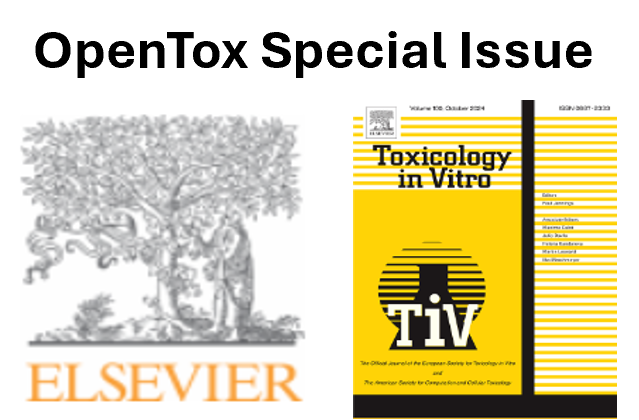Olivia Klatt obtained her bachelor’s degree in Chemical Biology at the Karlsruhe Institute of Technology (KIT) in 2020. She continued her studies at the Universiteit van Amsterdam (UvA) by pursuing a master’s degree in Biomedical Science with a specialization in Medical Biochemistry and Biotechnology. In May 2023 she joined the Division of Molecular and Computational Toxicology at the Vrije Universiteit (VU) Amsterdam as a PhD candidate under the supervision of Dr. Anja Wilmes. Her work is part of the EFSA funded project ‘ADME4NGRA: Implementing the EFSA NAMs roadmap through advancing toxicokinetic knowledge in chemical risk assessment’. She focuses on the absorption, distribution, metabolism and excretion (ADME) processes of different chemicals in various human and rat renal in vitro systems including subcellular fractions, immortalized cell lines, induced pluripotent stem cell (iPSC)-derived proximal tubule like cells and primary cells. The collected in vitro data should assess the transport and metabolism of several chemicals in proximal tubule cells and derive relevant kinetic parameters for generic physiologically based kinetic (PBK) models.
Review of human and rat renal proximal tubule in vitro models for ADME applications
Olivia Klatt1, Lenya de Brouwer1, Femke Hendriks1, Eva Maria Dehne2, Beren Atac2, Paul Jennings1, Anja Wilmes1
1Division of Molecular and Computational Toxicology, Department of Chemistry and Pharmaceutical Science, Vrije Universiteit Amsterdam, De Boelelaan, Amsterdam, The Netherlands
2TissUse GmbH Berlin, Germany
Humans are continuously exposed to chemicals through pesticides, food additives, industrial chemicals, drugs, cosmetic products and air pollution and their risk for human health needs to be evaluated. Traditionally, these studies are conducted in vivo, but ethical concerns and interspecies differences especially in transporters and metabolizing enzymes make a shift in human risk assessment towards new approach methodologies (NAMs), such as in vitro models, necessary. The kidney is a key organ in the adsorption, distribution, metabolism and excretion (ADME) processes of chemicals thus it is a major component of their pharmaco-(toxico)-kinetic profiles. The proximal tubule is the major site for xenobiotic reabsorption and secretion within the functional unit of the kidney, the nephron. There are several available human proximal tubule cell culture models but these do not necessarily represent the complete transport and metabolism processes of the in vivo counterparts. We review exiting human and rat renal in vitro models, including subcellular fractions, immortalized cell lines, induced pluripotent stem cell (iPSC)-derived models and primary cells. Expression levels and functionality of phase I and II metabolizing enzymes and transport capacities are reported. Additionally, differences in culture methods, including advanced cultures on transwells or in microphysiological systems (MPS) are addressed to provide some guidance in selecting suitable renal in vitro models for ADME studies and toxicity testing.

